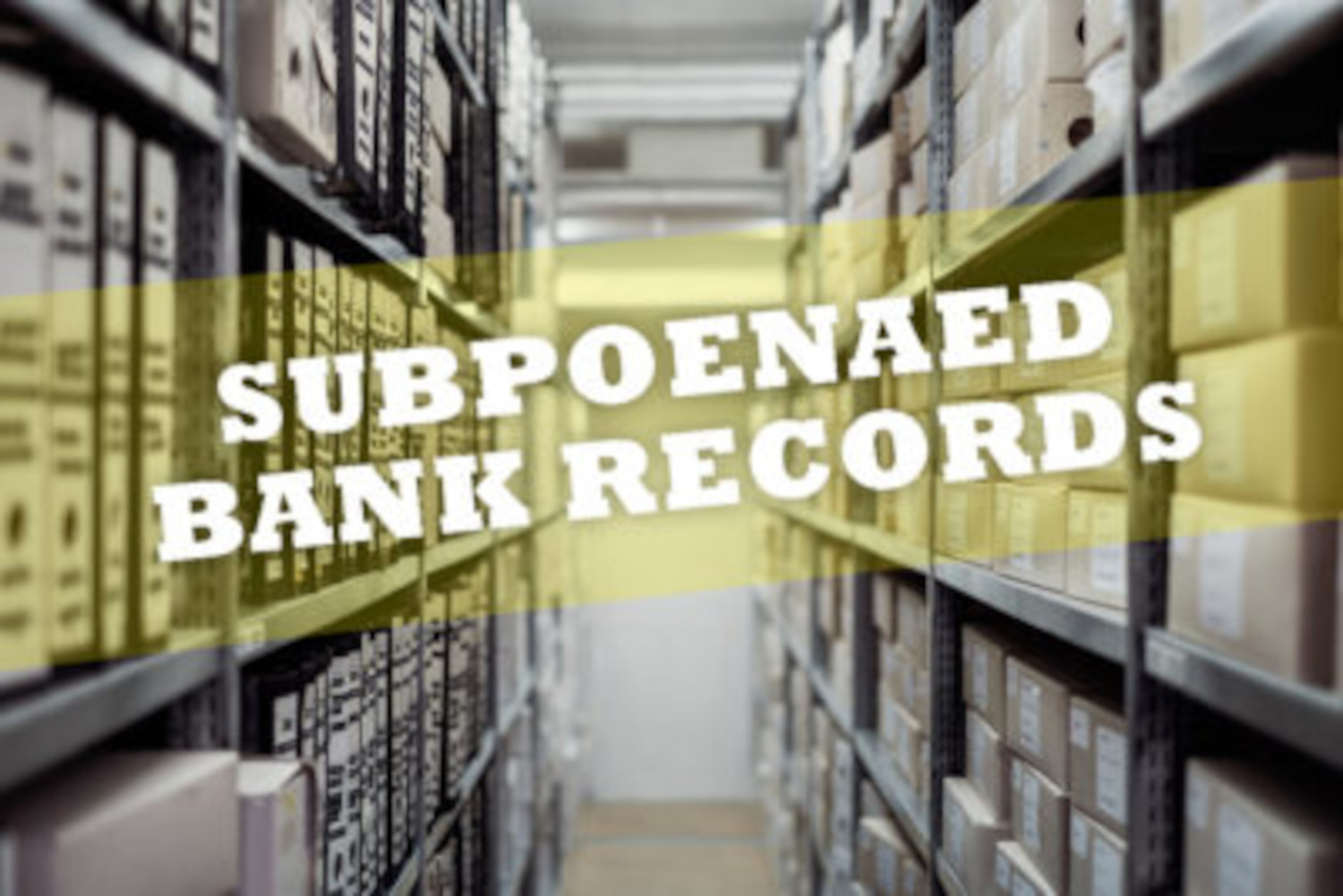A personal guaranty is a contract signed by an individual wherein the guarantor affirms his or her personal obligation on a loan or some other debt obligation, such that if the original debtor becomes unable to pay the debt, the guarantor is personally liable for that debt and is legally responsible for its repayment. In a typical case, a President, CEO, or other officer signs a personal guaranty for the debts of his or her business and becomes personally liable for the debt if the business doesn’t pay it off. Florida case law demonstrates that a simple, but well-drafted personal guaranty that specifically enumerates the personal nature of the debt assurance is adequate to form a legal, binding personal guaranty. This Blog post seeks to identify successful defenses utilized in Florida case law to consider when drafting or seeking to enforce personal guarantees.






